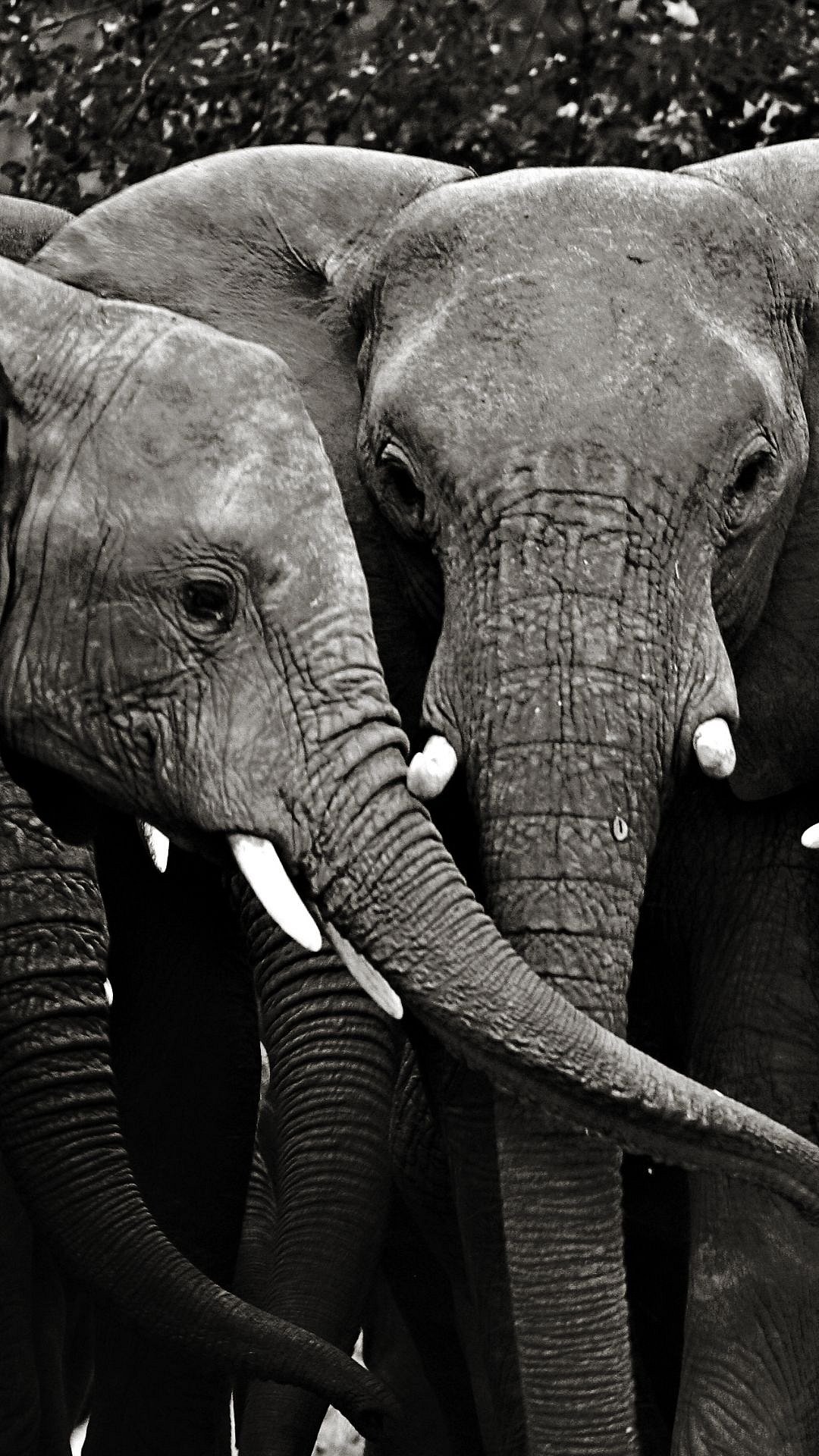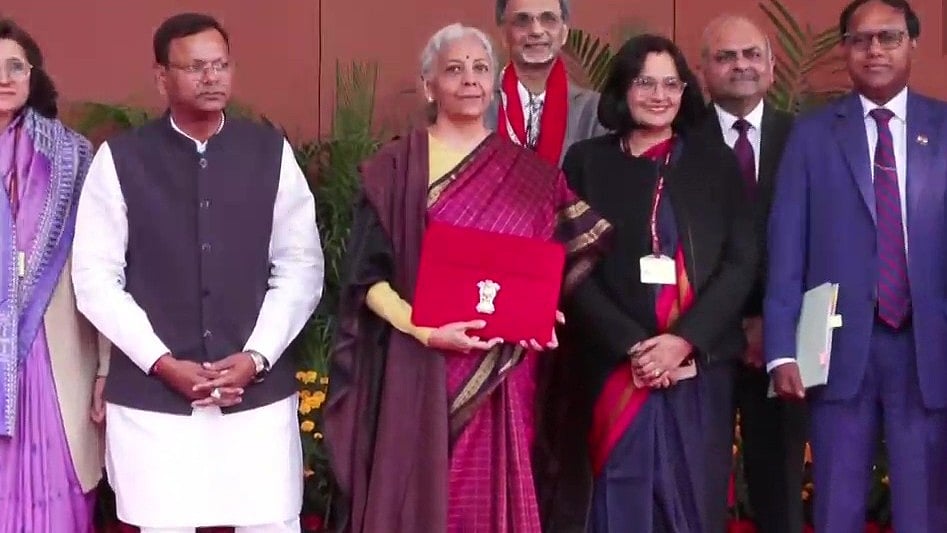Zimbabwe is currently facing a drought that has led to food and other shortages. The country is also a home to many wildlife species, especially elephants. The government has ordered the killing of 200 elephants as a result of food shortages faced by the country.
The authorities decided upon the killing of elephants as they chose saving human lives and cater to their basic needs during this time of natural calamity. The environment minister said that "Zimbabwe had 'more elephants' than it needed", in parliament on Wednesday. He also mentioned that the government had instructed the Zimbabwe Parks and Wildlife Authority (ZimParks) about the killing of 200 elephants.
How will the killing of 200 elephants take place?
In a report by the Guardian, the 200 elephants that will be hunted will be from the area where they come in human contact. These areas include Hwange, home of Zimbabwe’s largest natural reserve, the director general of ZimParks, Fulton Mangwanya said.

Canva
“We are having a discussion with ZimParks and some communities to do like what Namibia has done, so that we can cull the elephants and mobilise the women to maybe dry the meat, package it, and ensure that it gets to some communities that need the protein," said Zimbabwe’s environment minister, Sithembiso Nyoni to Voice of America.
Why this drastic step is being taken?
Zimbabwe is famous for its elephants because it has one of the largest populations of these animals in Africa. The country is home to about 100,000 elephants, mostly found in national parks like Hwange and Gonarezhou.
Tourists from around the world visit Zimbabwe to see these majestic creatures in the wild. The country is also involved in efforts to protect elephants, as they face threats from poaching for ivory and loss of habitat. Zimbabwe faces challenges in managing such a large elephant population.

Canva
According to UN estimates, 42% of Zimbabwe faces poverty and the authorities also say that the people will require food assistance in the months when the food is at its scarcest. Similar step was taken by Namibia ,a neighbouring country, where they killed 160 wildlife animals last month, in a planned killing of 700 animals that included 83 elephants to deal with the worst drought of the decade.
How are environmental activists around the world reacting to the killings?
“Government must have more sustainable eco-friendly methods to dealing with drought without affecting tourism,” said Farai Maguwu, director of the nonprofit Centre for Natural Resource Governance. "They risk turning away tourists on ethical grounds. The elephants are more profitable alive than dead,” he added.
On the other hand, Chris Brown, a a conservationist and CEO of the Namibian Chamber of Environment said that elephants had a “devastating effect on habitat if they are allowed to increase continually, exponentially.”










